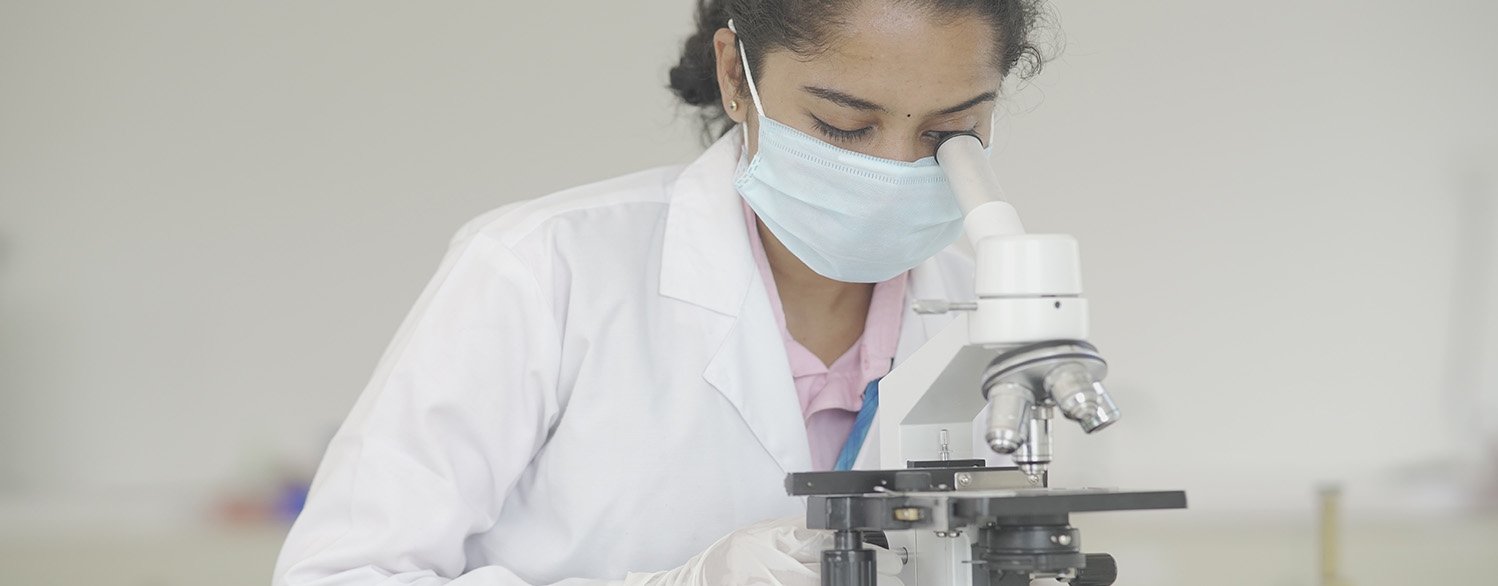MICROBIOLOGY
Course overview
Microbiology is the study of all living organisms that are too small to be visible with the naked eye. This includes bacteria, archaea, viruses, fungi, prions, protozoa and algae, collectively known as ‘microbes. Microorganisms affect animals, the environment, the food supply and also the healthcare industry. There are many different areas of microbiology including environmental, veterinary, food, pharmaceutical and medical microbiology, which is the most prominent.Graduates with a BSc Microbiology degree can find work in a variety of industries, including healthcare, biotechnology, environmental science, and food production. You could work as a microbiologist, a research scientist, a medical laboratory technologist, or even a science writer. Teaching and research is always an option open for microbiologists. Microbiological Quality Control and Assurance officers are required in every food and beverage industry.
Objective
- To ensure necessary information on the ongoing changes in Microbiology and related fields.
- To prepare the undergraduate students to face various obstacles in Microbiology with skills and confidence
- To give academic growth and excellence
- It helps to gain an organisation skill and as well as leadership qualities
- Helps the students to know about career development courses and programs.
- Introduce the students about many sectors where they can become an employee
- Helps to provide contact information from highly recognised research institutes for short term training and internship
- Overall, the association helps to ensure the students to become a highly qualified graduate.
Eligibility
Pass in plus two or equivalent with biology as a subject or vocational higher secondary in any biological/paramedical/agricultural /related branch.
SYLLABUS

Ms. Mary Shantal KS
| # | # | Name | Designation |
|---|---|---|---|
| 1 | 
|
Ms. Sindhya Minnu R | Asst. Professor |
| 2 | 
|
Ms. Divya R | Asst. Professor |

